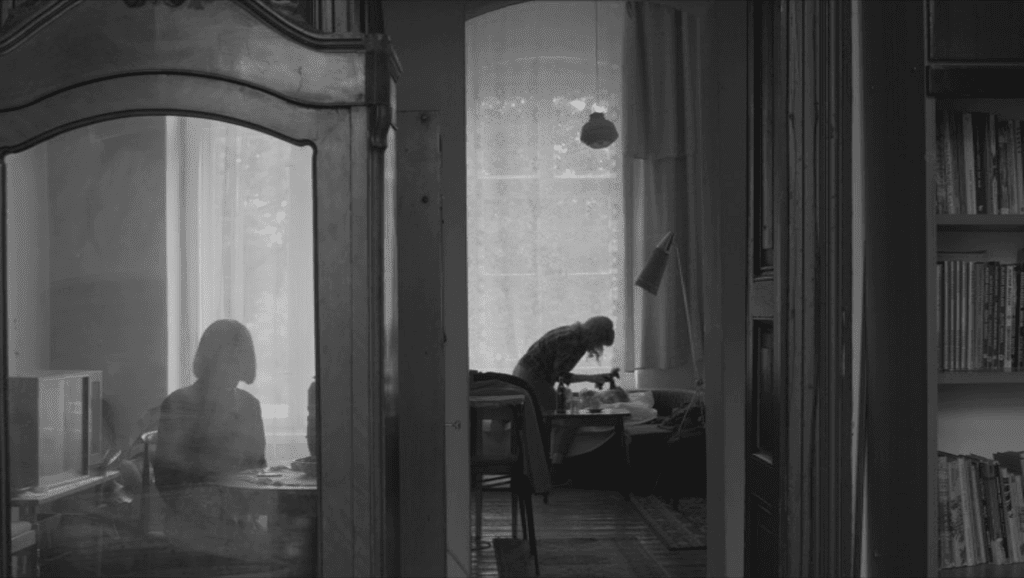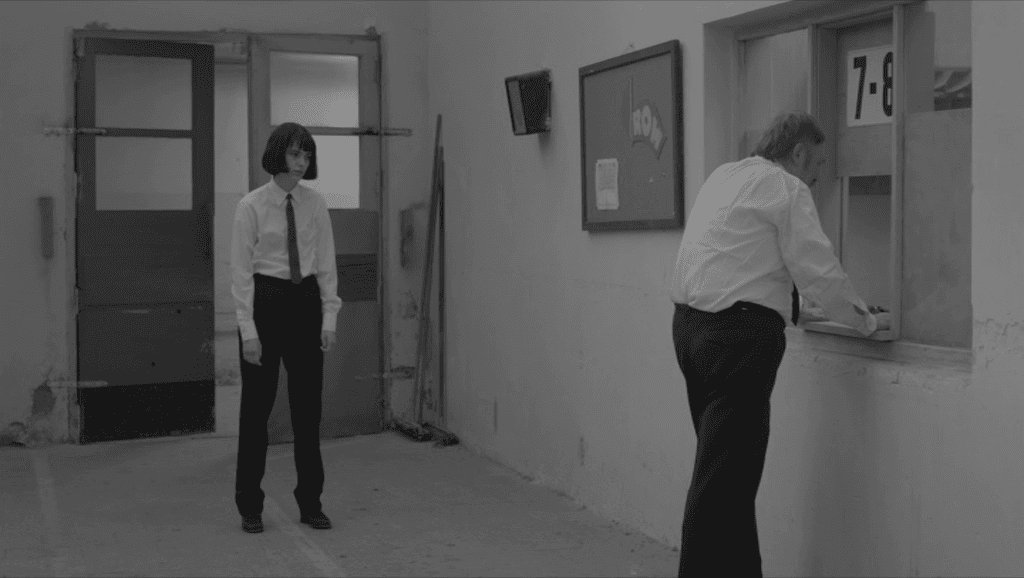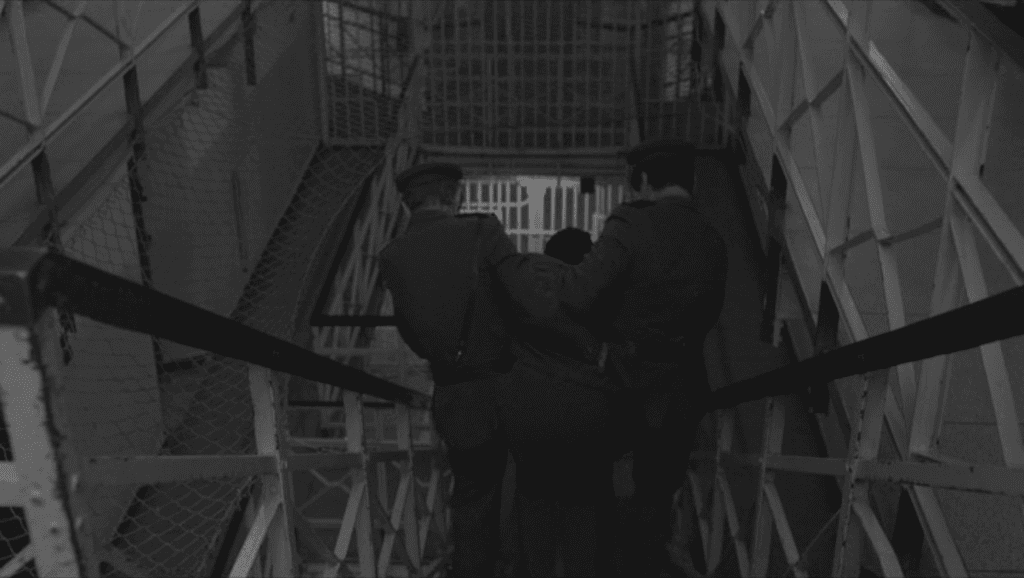 Petr Kazda & Tomás Weinreb's I, Olga Hepnarova is a brave, assertive piece of filmmaking, a meticulously composed, study of loneliness, isolation, and despair, providing a throughly fascinating look at Olga Hepnarova, a young woman who turned into a mass murderer on July 10, 1973, when she drove a rented truck into a group of pedestrians, murdering eight people in cold blood. Attempting to tap into the psyche of such an individual, I, Olga Hepnarova provides a detailed look at a character in utter seclusion, an individual who struggles to fit into the typical social contructs of the society she lives in, unable to break free from her family or society's expectations of her. As the film progresses, the downward spiral of despair and psychosis is tangible, with the film beautifully encapsulating the darkness of such emotions, the feelings centered around defeat where nothing is fixable and falling further down this hole of isolation seems like the only solution to her woes. Olga is a character of solitude, whose grown scornful of social standards and this fake sense of community or connection many individuals have, viewing it as nothing more as the suppression of the individual, with many simply trying to fit into the contruct society dealt them. She is a young woman who simply has no one she can confide in, a victim of a deeply-flawed system when it comes to the mentally unstable, and the way the film details this character's degenerating sense of hope or purpose is truly unsettling, with Olga's disdain for everyone and everything around her intensifying daily, becoming an individual who is losing any and all sense of empathy, hardened by a world in which she feels abandoned by. Parental figures, medical science, schooling, all the systems of society in one way or another failed this woman, and while the film's utter disregard for personal accountability is a bit perplexing, it's hard not to feel empathy for this character, who never received the compassion or empathy necessary to thrive, with society-based systems being so fixated on conforming her to societal norms rather than attempting to understand and console her. Aesthetically featuring elegiac black-and-white cinematography to tell this stark story, this visual decision provides a sensible counterpart to its story of solitude, loneliness, and scorn, with the various shades of gray perfectly evoking the emotions of Olga, a character who sees everyone around her in much similar fashion, various shades of the same cancer. An angry, singular commentary on the need for more human compassion, empathy, and tolerance of others, Petr Kazda & Tomas Weinreb's I, Olga Hepnarova is a powerful and difficult experience, taking the true story of a mass murderer to craft and uncomfortable but essential study of society's failings on the individual.
0 Comments
Leave a Reply. |
AuthorLove of all things cinema brought me here. Archives
June 2023
|



 RSS Feed
RSS Feed
